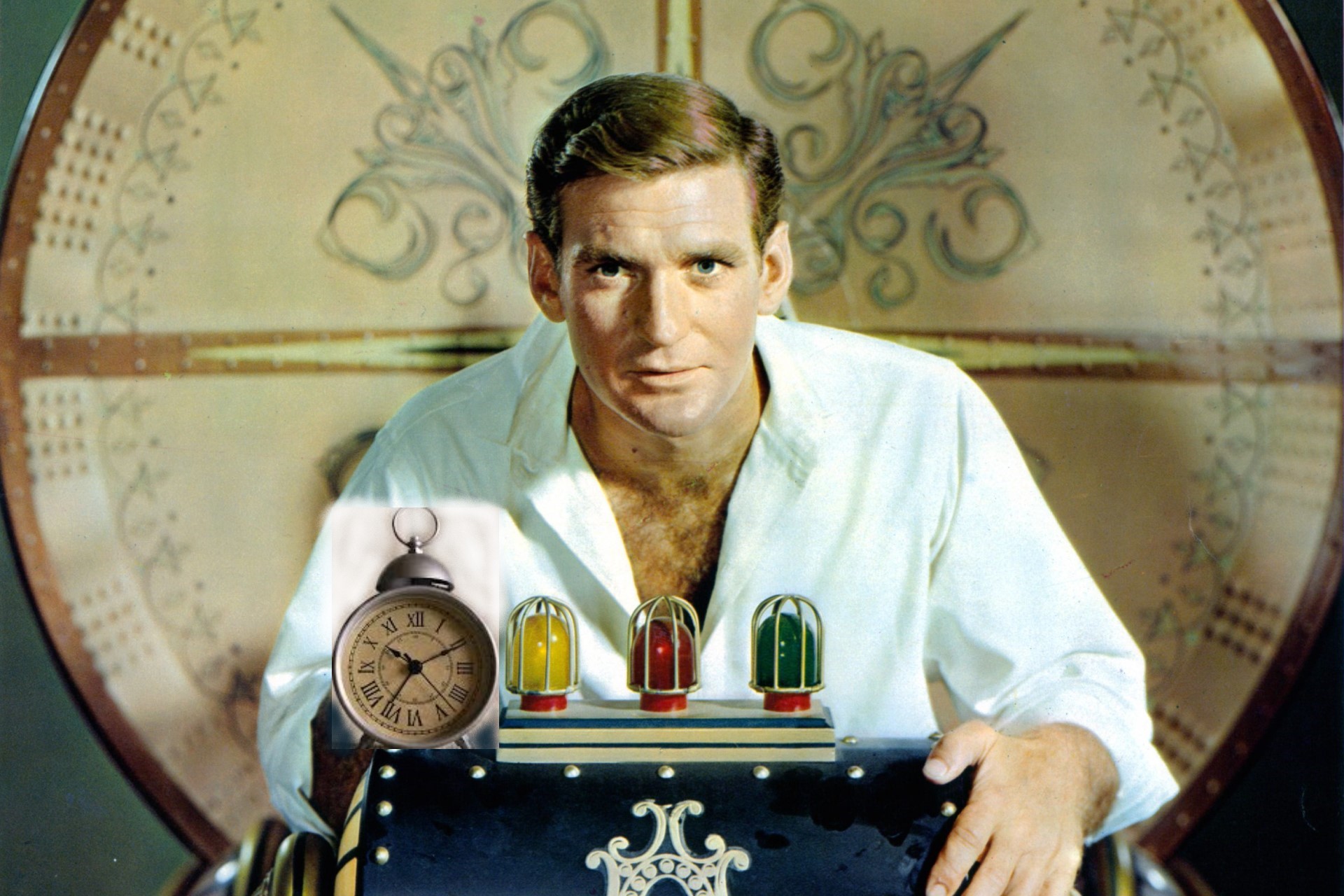Do you know what your love language is? These are all five of them
Love languages, as described by Gary Chapman in the book ‘The 5 Love Languages: The Secret to Love That Lasts’, are five different ways in which people receive and express love in a relationship, specially in a romantic one.
Thirty years ago, Chapman, an American Baptist pastor with a doctorate in adult education, introduced the concept to the world with his book, presenting these five love languages: words of affirmation, quality time, physical touch, acts of service, and receiving gifts.
Photo: Anastasia Skylar/Unsplash
Chapman based the five love languages on anecdotal evidence he found while working as a marriage counselor at his church for more than 20 years, explaining that, in order to make your partner feel loved, you simply need to speak that person’s language.
“Your emotional love language and the language of your spouse may be as different as Chinese from English. No matter how hard you try to express love in English, if your spouse understands only Chinese, you will never understand how to love each other,” reads the introduction.
Photo: Rajat Sarki/Unsplash
While giving counseling to couples, Dr. Chapman had troubles in his own marriage. He and his wife would get into heated arguments over small things, he recalls in his book.
He would constantly tell her how nice she looked and how much he loved her. But one day his wife answered: “‘You keep saying, ‘I love you,’ but if you love me, why don’t you help me (around the house)?’”
Chapman recalls that conversation as an ‘eureka’ moment in which he realized that what he appreciated most in a relationship were words of affirmation, while his wife valued acts of service a lot more.
While we may use all five languages to express love, usually we have one primary love language or a way to express and receive love that we value the most. Let’s get more specific about Chapman’s love languages.
"Words of affirmation" is about expressing affection through spoken words, praise, or appreciation, as described by Chapman.
When “words of affirmation” is someone's primary love language, they value kind words and encouragement, compliments, uplifting quotes, love letters, and cute text messages the most, just to name some examples.
Someone with this love language wants undivided attention. They feel loved if you are present and focused on them when you are together.
Photo: Becca Tapert/Unsplash
Putting down your cell phone, making eye contact, and actively listening, are all things that a person with “quality time” as their primary love language will value a lot.
If your partner’s primary love language is “quality time”, they will value an experience way more than a physical gift. A date or a romantic getaway are ideal gifts for these people.
Photo: Everton Vila/Unsplash
A person whose primary language is “physical touch” feels love through physical affection.
Aside from sex, they feel loved the most when their partner holds their hand, hugs them, kisses them, or gives them a massage at the end of the day, for example.
This person's idea of a perfect date might include cuddling on the couch while watching a movie. They simply want to be close to their partner physically.
This love language centers on doing activities that make life easier or more enjoyable on the other person, such as running errands, doing the grocery shopping and other household chores.
A person who’s primary love language is ‘acts of service’ will appreciate a home-cooked dinner date way more than going out to a restaurant, for example.
For someone who uses and responds to this love language, gift-giving indicates love and affection. They treasure not only the gift itself but also the time and effort the gift-giver put into it.
People who’s primary love language is receiving gifts, don’t really expect big or expensive things, they focus more on the thought that’s behind it, as explained by Chapman in his book.
People with this love language as a primary one can often remember every little gift they have received from their loved ones because it makes such an impact on them.
By now, you probably figured out what is your primary love language as well as your partner’s. But if you’re still in doubt, Chapman offers an online 30-question quiz to determine it.
Photo: Debby Hudson/Unsplash
We all express and receive love differently, and according to Chapman, learning and understanding these differences is one of the simplest ways to improve relationships.
When you are committed to learning someone else's love language, you are focused on their needs rather than your own. This is the central premise of Chapman's theory.
Couples should work to learn their partner's love language rather than trying to convince their partner to learn theirs. Ideally, both people will want to express love in a way that is meaningful to the other.
When couples have different primary love languages, there are bound to be misunderstandings. However, if your partner learns to speak your love language, and you, theirs, you will both feel loved, appreciated, and, ultimately, happier in the relationship.





































